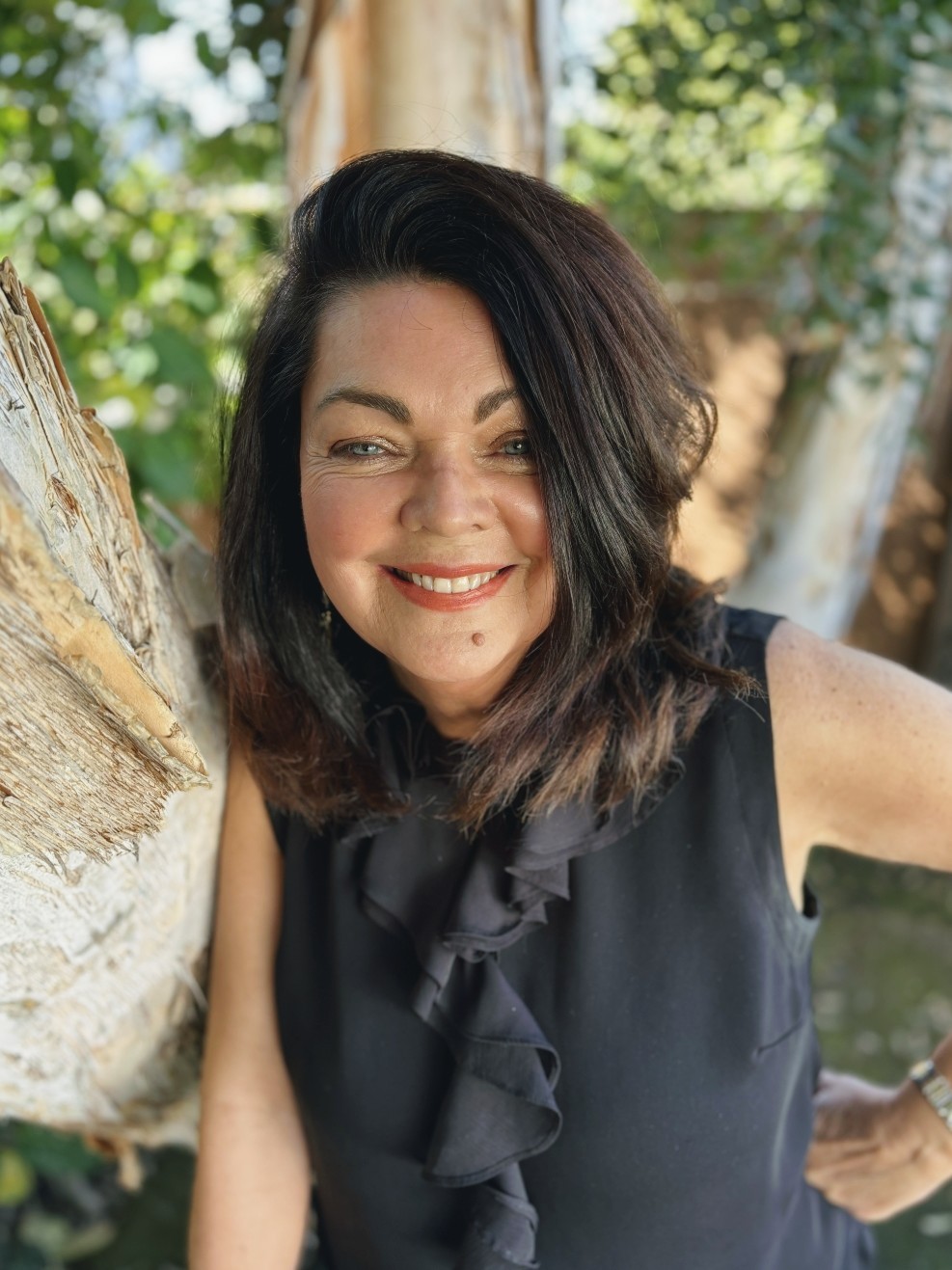Taking the Lead in Earth Education and Ecoliteracy

Happy May! I hope you enjoyed Earth Day on 22 April. It’s spring in the northern hemisphere and all around me, plants are gifting us with fruit, wildflowers are in bloom, and birds are singing! This is the beauty of nature: In the midst of all that is happening in the worlds — war, protests, degradation, and disease — nature can be counted on to continually regenerate. This gives me strength and solace. We can learn to be equally resilient, especially when we remember that we are also nature.
TESOL professionals are often seen as focused on prioritizing language learning over content learning or as “support” personnel for content-area teaching. However, we know that the most effective way to learn language is through meaningful content and having an authentic need and desire to communicate. The most effective English language teachers teach language and content simultaneously, and there is no more relevant or important content to teach at this time than Earth education and ecological literacy. Because most teachers are not focused on this critical area in their teaching, TESOL professionals can become teacher leaders in this area and serve as inspiration, collaborators, and role models for others at their institutions.
A New Earth Education Core
Imagine a pyramid with the following principles, beginning at the base: Earth-dependence, interdependence, creativity, and deep learning, with Earth-centric leadership at the top. Taken together, these constitute the meta category of life skills. These principles make up what Assadourian has termed a new “core” for Earth education. In this month’s blog, I encourage you to take the lead and gradually incorporate these principles into your teaching.
Earth-Dependence
Begin with Earth-dependence, which means having students understand and appreciate that we are wholly dependent upon the Earth for everything — the air we breathe (which comes largely from photosynthesis of plants both in the ocean and on land), the food we eat, and the materials for our homes, schools, and the rest of the built world.
Interdependence
As a planet, we are interdependent across multiple systems, as distinct ecosystems, and across and within species. There is a delicate balance that must be maintained to allow this interdependence to continue to flourish. World Bee Day (20 May) is a wonderful opportunity to teach about species interdependence as well as biodiversity.
Creativity
Today, many buildings are made of cement, which has a very high carbon footprint. Lower carbon cement and alternatives have been developed to replace traditional cement, exemplifying the creativity principle. It is also why my current and former students, who for the past several years have worked to build an after-school learning center for underprivileged students, decided to use bamboo, rather than cement, in the construction of the center. (I’ll tell you more about this exciting project in my June blog, as I will have just returned from Bali, Indonesia with my students, where we will teach ecoliteracy to multilingual learners of English.)
Deep Learning
Deep learning must be promoted in order to solve the problems we are encountering and will encounter in the future, many of which we cannot even anticipate at this time. Deep learning is also important to counter the fast pace of our lives and the rate at which information is coming to us in short bits, often through apps such as Instagram, TikTok, and X. We live at a time when AI and gene editing are also coming into our worlds at a dizzying speed, with both positive consequences and, inevitably, unintended negative consequences as well. In an earlier blog, I discussed the ecoliteracy principle of anticipating unintended consequences, which is linked to deep learning and considering future generations in our decision-making.
Earth-Centric Leadership
A great way to show Earth-centric leadership is to teach these principles and others throughout the year and across the months by highlighting one or more through a unit of lesson each week or month, depending on your goals. For example, the month of May includes
In addition to these, May also includes Bike to Work Day and World No Tobacco Day, focused on healthy lifestyles for people and the planet.
 What You Can Do
What You Can Do
During May, I encourage you and your students to
-
- Visit and possibly volunteer your time and energy to a public or community garden.
- Learn about bees and the critical role they play as pollinators and how this links to the food we all eat. Visit (even virtually) a bee sanctuary or bee-keeping farm.
- Challenge yourself and your students to bike to work or school, if you do not already!
- Study (changing) bird migration patterns and the importance of wetlands for bird migration.
- Learn about populations that were at one time near extinction and through careful conservation efforts have been revived. Examples in North America include the bald eagle and peregrine falcon, as well as sea otter populations off the California coast, who play a key role in maintaining marine ecosystem balance and protecting the coast against climate change.
- Study one or more endangered species in your area and take action toward protection.
- As always, focus on language in context, which for this month might be learning about the classification system for threatened species, whose range includes extinct in the wild, to critically endangered, to vulnerable, to near threatened. Or you may want to focus on the prefix “inter–”, meaning between or among, with the study of interdependence in nature, or, for more advanced learners, the definition and understanding of the term intersectional environmentalism.
Enjoy the month, and I look forward to telling you all about ecoliteracy teaching for multilingual learners of English in Bali in my next blog!

